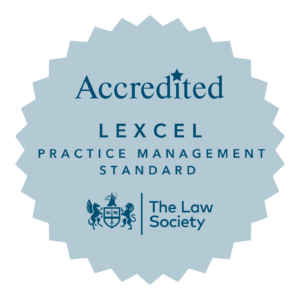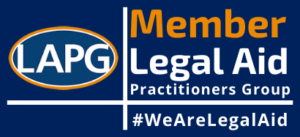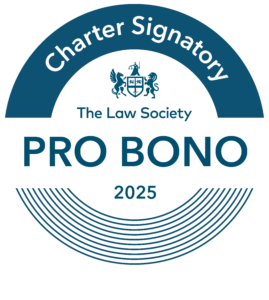Parole Board reliance on old reports?
Whilst it may be well known to some, the only way to challenge an Oral Parole hearing is via a Judicial Review, and this must be done promptly and within three months.
The case of R (on the application of Ian Mordecai) v Parole Board [2016] EWHC 2601 (Admin) resulted in a decision refusing a transfer to open conditions being quashed on the basis that the Parole Board panel did not re-assess the evidence in the context of the guidelines laid down by the Secretary of State. Our supervisor Malcolm Tebb was instructed in this matter.
In this case the Judicial Review was successful because the Parole Board were irrational in relying on a two year old psychology report that had not been updated following the completion of successful offender behaviour courses. There was a duty on the Parole Board (as the decision making body) to realise this was not a recent report and direct a new psychology report taking into account the risk reduction work that had been completed.
The facts of the case were the Claimant was serving an indeterminate period of imprisonment for public protection (IPP), with a minimum period of two years. He applied for a Judicial Review of the Parole Board’s decision to refuse either to release him or to transfer him to open conditions. Permission was granted on the grounds that he “met the criteria for transfer to open conditions.”
The Parole Board had directed a psychology report in 2013 which recommended the Claimant complete a further course to reduce his risk. The Claimant duly completed the course and both the OM and the OS supported a progressive move.
The hearing took place in May 2015, some two years after the psychology report had been completed; the Parole Board decision was to keep the Claimant in closed conditions.
In the Judgement of the Judicial Review, Deputy Judge Elizabeth Cooke stated: “What is troubling about the decision, at least insofar as it relates to the possibility of transfer to open conditions, is the weight placed upon the report and evidence of the psychologist, whose report the panel had sought when it made its 2013 decision. Her report, by the time of the hearing in 2013, was nearly two years old and she had had no opportunity to update it, nor to make any assessment of the progress made by the Claimant since her report.”
Deputy Judge Cooke went on to say: “The decision does not say why the panel reached that conclusion, nor did it set out or give any apparent attention to the criteria for transfer to open conditions. In view of the huge importance of that transfer – not only as a matter of well-being for the Claimant but also as a preparation and precondition for release – it seems to me that the panel gave insufficient consideration to it. Having considered in depth the evidence before them about the possibility of release, the panel should then have re-assessed the evidence as it related to transfer. Because it did not make that separate consideration, it did not ask the right questions about the psychologist’s evidence and failed to give adequate consideration to the evidence of the two supervising officers who both supported a transfer to open conditions.”
The result was that a quashing order was granted on the basis it was irrational not to recommend the Claimant’s transfer to open conditions.
Following this decision in Mordecai v Parole Board it is imperative that if you have a psychology report in your Parole Dossier, and you complete offender behaviour courses after that report, you should insist that an updated psychology report is completed. It also is imperative that the Parole Board do not place reliance on out of date or irrelevant information because this could make their decision irrational.
So what does this mean? In summary, if the Parole Board relies on either old psychology reports, and/or out of date and irrelevant information then you could have grounds for a Judicial Review. However please remember you must issue the Judicial Review within three months. The Parole Board has to justify its reliance on evidence and that the evidence must be read in the broader context of the case. This should (in theory) ensure that you have a fair hearing, and if not the case of Mordecai means that you could challenge the decision of the Parole Board if you are not progressed.
Malcolm Tebb is a solicitor and prison law supervisor at Kesar and Co Solicitors.











Leave a Reply
Want to join the discussion?Feel free to contribute!